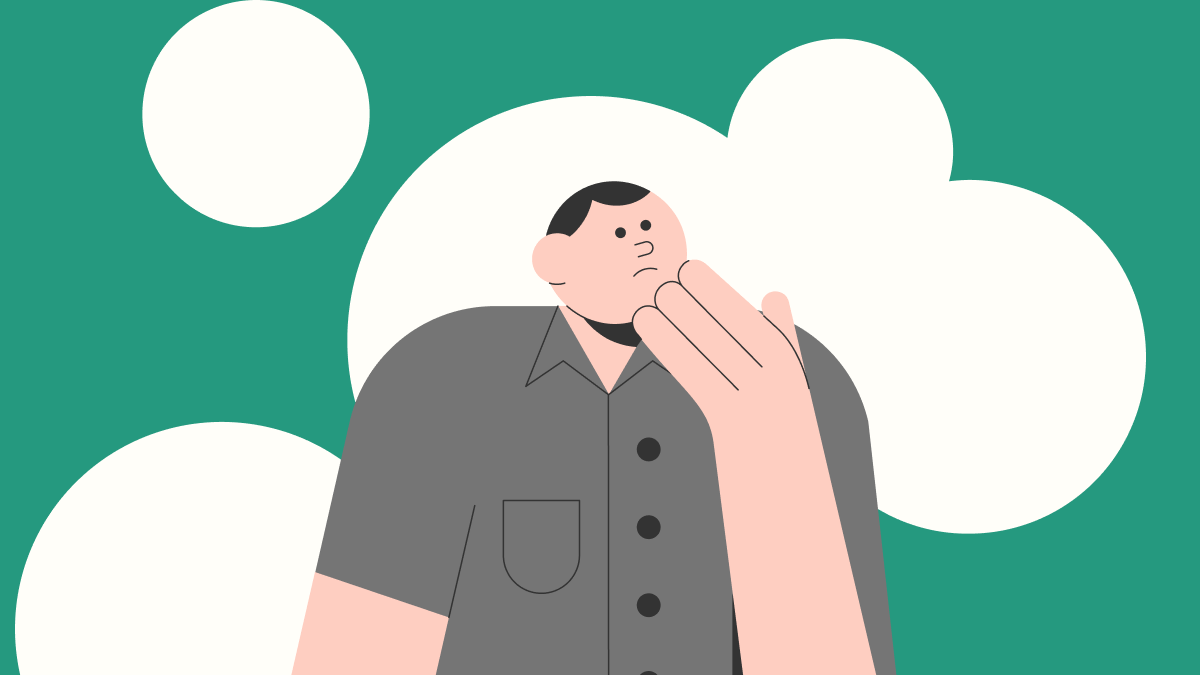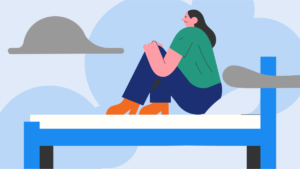Is This Just a Rough Patch or Could It Be Depression?
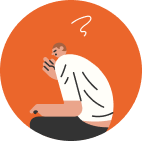
If you’ve been feeling emotionally drained, low on motivation, or not quite yourself lately, this quick self-assessment can help you check in.
It’s based on the PHQ-9, a clinically recognised tool, reviewed by our psychologists at Intellect for safe and meaningful self-reflection.
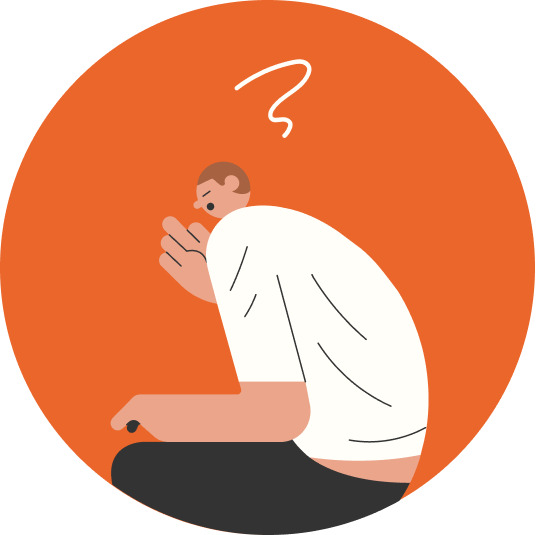
Who Might This Help?
This assessment is useful for:

You’ve been feeling persistently down, flat, or disconnected
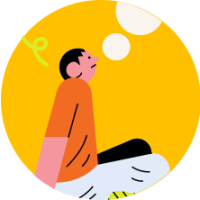
You’re struggling to enjoy things that used to feel good

You’re not sure if what you’re feeling is just stress, or something deeper
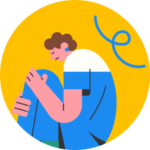
You’ve been feeling persistently down, flat, or disconnected
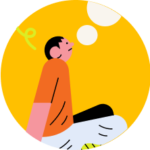
You’re struggling to enjoy things that used to feel good

You’re not sure if what you’re feeling is just stress, or something deeper
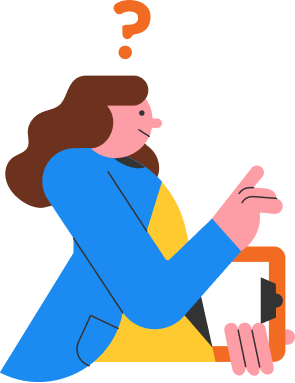
Why Take This Assessment?
Depression can be hard to recognise, especially if you have learned to hide it well.
This is not about labelling yourself. It is about checking in with how you are doing and deciding if a conversation with a therapist could help.
You don’t have to be at your worst to deserve support.

Backed By Clinical Research
PHQ-9 Based Screening Tool
At Intellect, our team of psychologists has carefully reviewed and adapted it to make sure the language feels clear, respectful, and easier for you to reflect on, no clinical jargon, just real-world clarity.
Reviewed By Psychologists
Used By Thousands Globally
Frequently Asked Questions
Can this assessment help me understand if I might be depressed?
Yes, this self-assessment is designed to help you reflect on signs commonly linked to depression, such as persistent sadness, low energy, or loss of interest. It won’t give you a diagnosis, but it can help you decide whether to speak to a therapist for further support.
Can this assessment diagnose depression?
No. It’s a screening tool, not a medical diagnosis. But it can give you a clearer picture of what you’re feeling and whether professional support might be helpful.
Who should take this assessment?
Anyone who’s been feeling consistently low, withdrawn, or emotionally fatigued and is unsure whether it’s stress or something deeper. This check-in is for anyone curious about their mental well-being.
I think I might be depressed and what should I do?
This assessment helps you reflect on common signs of depression, but it’s not meant to provide a diagnosis. If you’ve been struggling and your results raised concerns, the best next step is to speak with a licensed therapist who can guide you through what you’re feeling.
Our therapists can help you understand the patterns behind your emotions and support you in building a path forward, at your own pace.

Depression Assessment Results
You’re not showing strong signs of depression
Your responses don’t currently reflect the symptom patterns typically linked to depression. It’s completely normal to feel low or unmotivated occasionally, especially during difficult life moments. If certain feelings linger or begin affecting your daily functioning, reaching out to a therapist can still be helpful for clarity and support.
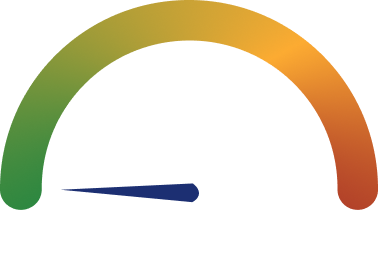
This assessment is not a diagnosis, but it’s a meaningful first step toward understanding what’s going on.
Minimal
Score Range: 0 - 4
This content will be displayed when the user's score falls within this range.
Depression Assessment Results
You may be experiencing moderate signs of low mood
Your responses reflect patterns often associated with depression, such as persistent sadness, fatigue, changes in sleep or appetite, or difficulty concentrating. These symptoms may not feel overwhelming day to day, but they can still impact your energy, relationships, or self-esteem. Talking to a therapist can help you make sense of what you're going through and explore ways to manage it.
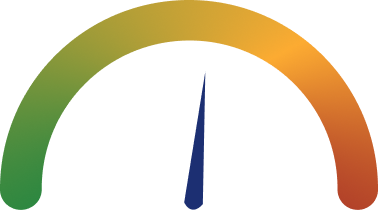
This assessment is not a diagnosis, but it’s a meaningful first step toward understanding what’s going on.
Moderate
Score Range: 5 - 14
This content will be displayed when the user's score falls within this range.
Depression Assessment Results
You may be experiencing significant symptoms of depression
Your answers align with several key signs of depression, including low mood, disinterest in daily activities, disrupted sleep, or emotional exhaustion.
This doesn’t replace a professional diagnosis, but it’s a strong indicator that getting mental health support could bring relief, insight, and a sense of control.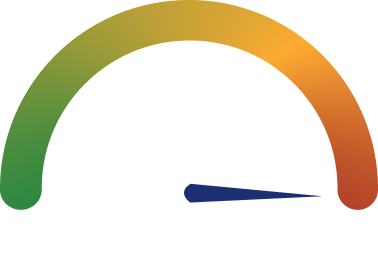
This assessment is not a diagnosis, but it’s a meaningful first step toward understanding what’s going on.
Severe
Score Range: 15 - 27
This content will be displayed when the user's score falls within this range.
Talk to a Therapist
Whether your results feel validating, surprising, or somewhere in between, speaking with a therapist can help you make sense of what’s behind these patterns and what to do next.





What Sets Our Care Apart
4.8/5
Satisfaction rating from clients like you
5+
Languages including English, Mandarin, and Malay available
20k+
Therapy sessions completed every year
05
Location available for services





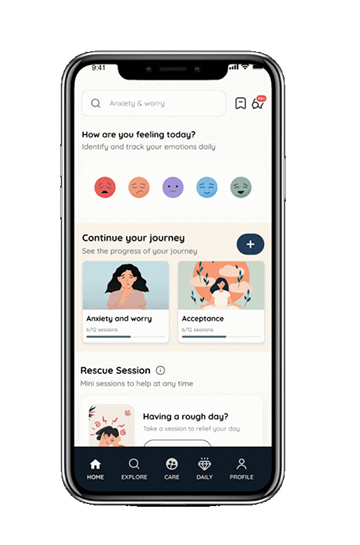
Try Our Self-Care App
Not ready to talk to someone? That’s okay. Our app offers guided programs to improve focus, manage stress, and build habits that support attention and wellbeing.
Why Try the App?
Based on CBT & evidence-based methods
Private, self-paced programmes and virtual sessions
Track focus, mood, and habits
Used by 3.5 Mn+ users globally
Recommended Reading
Have Questions?
If you are feeling unsure or overwhelmed, we are here for you.
Our care team can guide you, answer your questions, and help you figure out your next step at your own pace.



